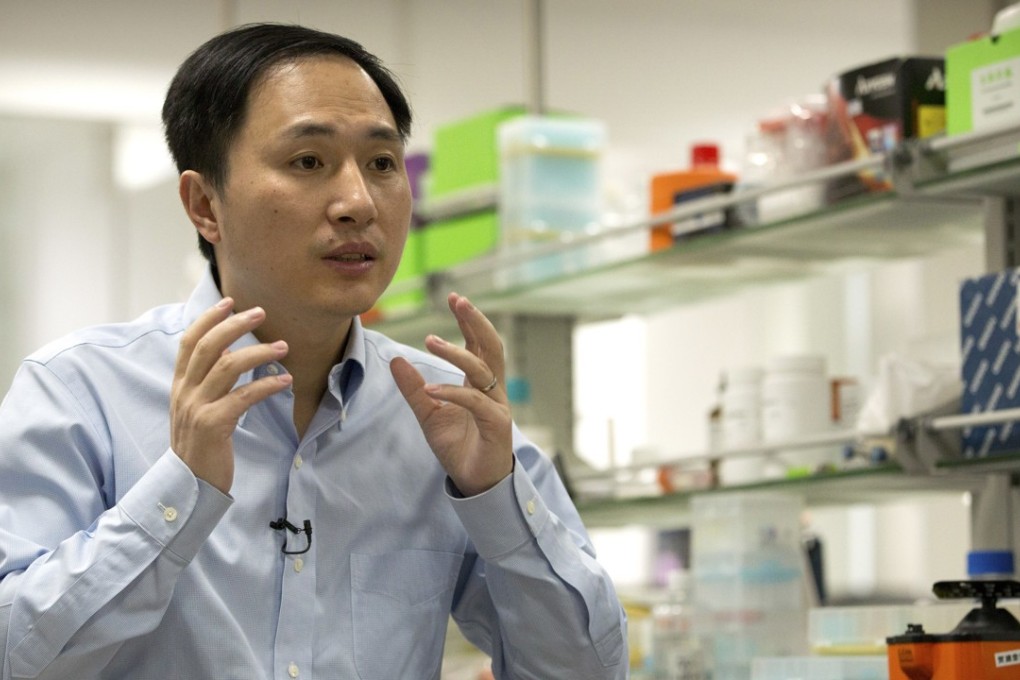Opinion | Gene editing won’t help the fight against HIV, understanding one’s risk and prevention options will
- Andrew Chidgey says HIV positive men and women can already have HIV negative babies through the use of medication and some well-recognised precautions
- This negates the need for gene editing to prevent transmission of HIV and raises ethical questions about a Chinese scientist’s recently announced research

My organisation is in daily contact with the public, answering questions about HIV, providing testing and supporting people living with HIV. When we understood more about the details of the research, we became deeply concerned that this could be damaging scientific research organised under unethical conditions.
The research was conducted with couples in which the man was HIV positive. The scientist changed the genetic material of some of participants’ unborn children to make them resistant to HIV. Two babies have been born, with more possibly on the way.
From a scientific point of view, one can marvel at the fact that it has become possible to do things as complex as changing the DNA of unborn children. However, great care is needed to ensure that scientific research is useful and safe, with sound ethics so that people are not mistreated during the process.
